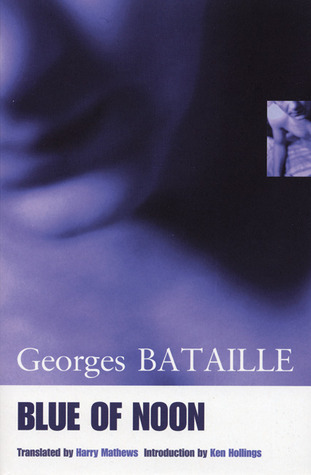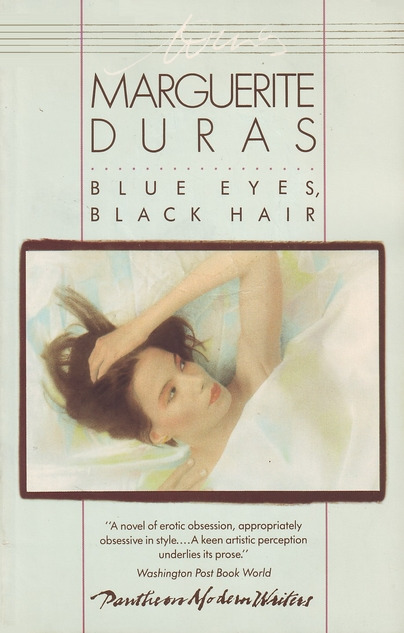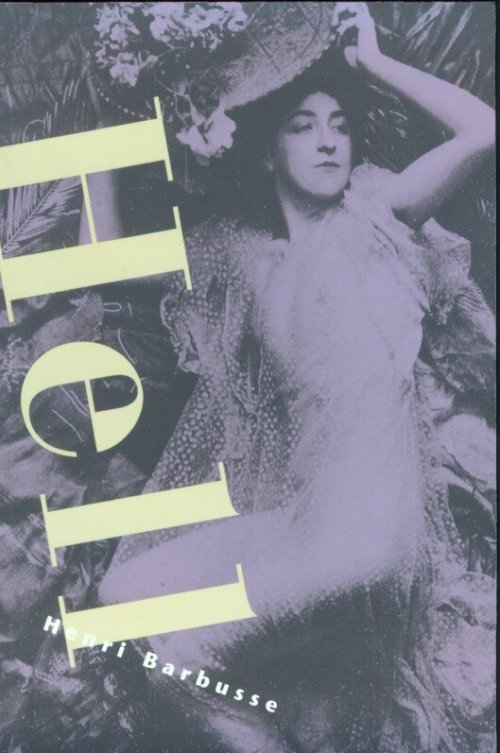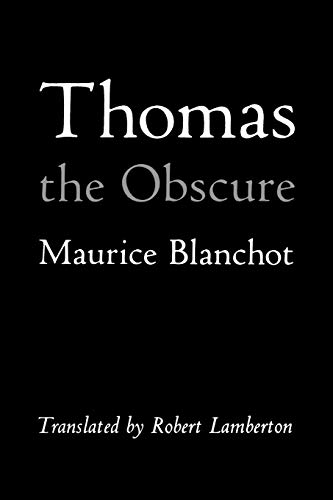
Blue of Noon
Book Description
Desire clings like a shadow, and in the sultry streets of Paris, it becomes a treacherous game. A man teeters on the brink of madness, caught in a whirlwind of lust and despair as he navigates a web of obsessive love and betrayal. Each encounter drips with tension, pushing the boundaries of morality and exposing the dark underbelly of human longing. As sanity slips through his fingers, the line between ecstasy and suffering blurs. In a world where nothing is certain, will he succumb to the intoxicating pull of his own desires, or can he find a sliver of redemption before it’s too late?
Quick Book Summary
"Blue of Noon" by Georges Bataille is a haunting exploration of desire, despair, and the fragmentation of the self. Set against the backdrop of pre-World War II Europe, the novel follows the tormented journey of Henri Troppmann as he moves through a series of obsessive love affairs and encounters with death. Henri is gripped by intense erotic longing and existential dread, his relationships with women—especially Lazare and Dirty—serving as both a balm and a trigger for his psychological decline. The story unfolds amid the rising tide of fascism and political instability, mirroring the chaos within Troppmann's mind. Bataille's narrative blurs the lines between passion and suffering, exposing the raw nerves of human longing and the abyss of meaninglessness. Through explicit prose and philosophical undertones, "Blue of Noon" confronts the taboos of sexuality, mortality, and the urge for self-destruction, making it a darkly compelling and unsettling classic of French literature.
Summary of Key Ideas
Table of Contents
Eroticism and the Limits of Desire
Henri Troppmann’s journey in "Blue of Noon" revolves around his overwhelming sense of desire and erotic obsession. His entanglements with women, chiefly Lazare and Dirty, embody extremes of passion and revulsion. Encounters are driven by a compulsion towards the forbidden, exploring sexuality as both transgressive and self-destructive. Bataille’s explicit depiction of eroticism probes the painful intersection where longing becomes inseparable from suffering, and pleasure tainted by morbidity. The boundaries of morality are repeatedly crossed, challenging readers to confront the darker facets of human sensuality and desire.
Despair and Psychological Disintegration
Amidst these fevered relationships, Henri’s psychological state steadily unravels. He drifts between outbursts of passion and periods of numb despair, revealing the fractures in his sense of self. Haunted by traumatic memories and death, his mental instability becomes apparent through erratic actions, hallucinations, and an inability to communicate authentically with those around him. Bataille illustrates a protagonist cut adrift from both personal foundation and societal norms, reflecting on themes of madness, alienation, and existential crisis.
Political Turmoil and Historical Context
The novel is steeped in the political volatility of the 1930s, lending the personal narrative a broader allegorical dimension. As fascism rises and Europe teeters toward catastrophe, Henri’s private turmoil mirrors the social and historical breakdown. Political arguments, disillusionment, and apocalyptic anxieties haunt the characters. History is not mere backdrop but a force that exacerbates personal disintegration, suggesting the proximity of personal and collective collapse.
The Search for Meaning in Chaos
Henri’s quest through sexual excess and existential dread is ultimately a search for meaning in a universe that appears indifferent and chaotic. His fleeting moments of intimacy and self-awareness are often undercut by a persistent sense of meaninglessness. The story poses philosophical questions about identity, autonomy, and the possibility of redemption amidst moral and social decay. Bataille suggests that in a fractured world, desire can at once be a refuge and a ruinous force, echoing the struggle to find coherence amid disarray.
Bataille’s prose is claustrophobic and lyrical, immersing readers in Troppmann’s inner torment. The novel’s structure resists conventional resolution, leaving open questions about sanity, love, and power. "Blue of Noon" endures as a provocative interrogation of life at the edges—where eroticism, philosophy, and history meet in unsettling harmony.
Download This Summary
Get a free PDF of this summary instantly — no email required.





